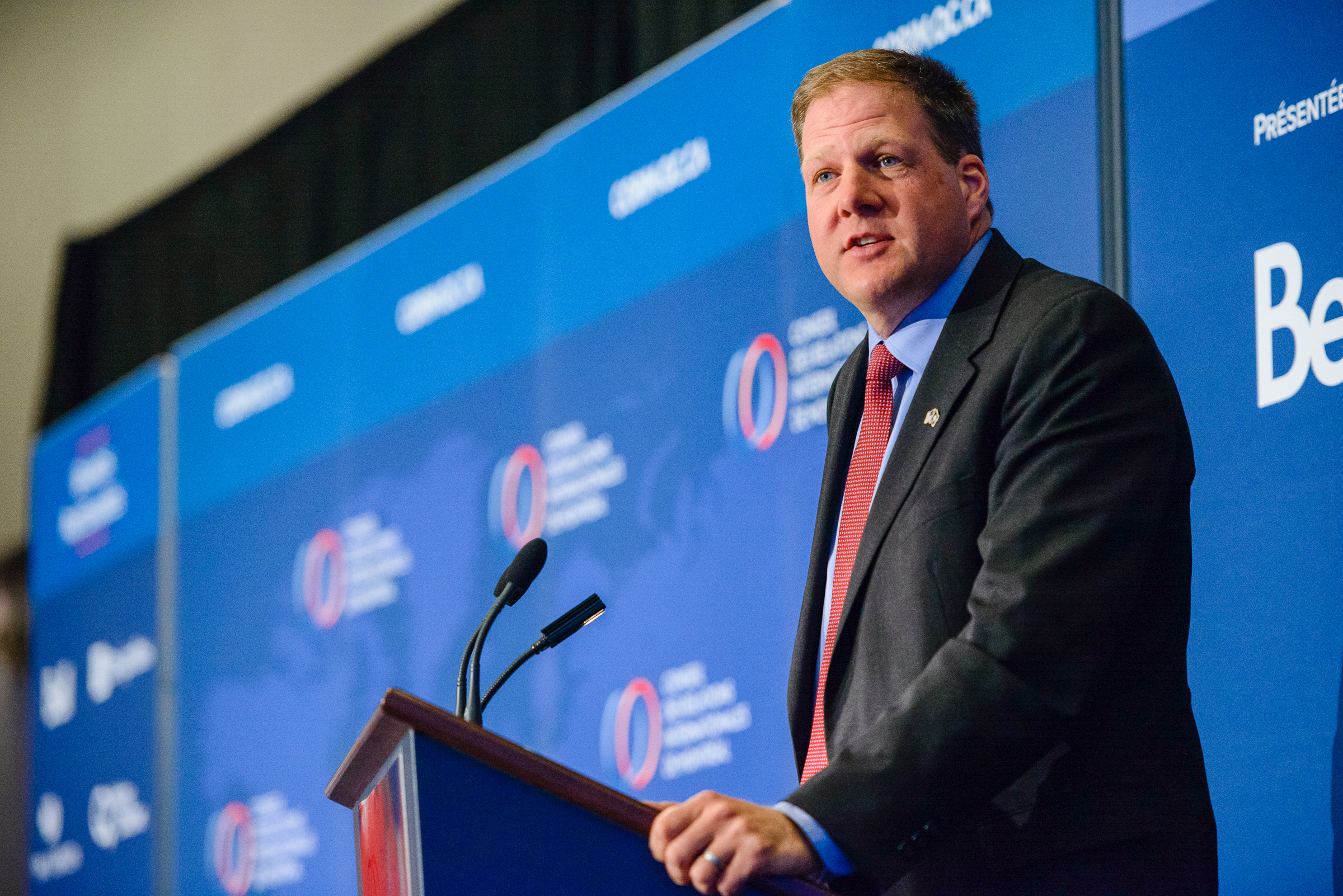BREAKING: Gov. Sununu Vetoes Two Energy Bills

As first exclusively reported here at NHJournal, Gov. Chris Sununu vetoed two energy bills this morning that would have put upward pressure on energy prices in the Granite State.
“Senate Bills 365 and 446 combined would cost New Hampshire electric ratepayers approximately $100 million over the next three years,” Sununu said in his veto message. “New Hampshire has some of the highest electric rates in the country, placing financial strain on the elderly, those on fixed incomes and the business community. These bills send our state in exactly the wrong direction.”
SB 446 raises the limit on “net metering” of power from solar generators covered by a state buy-back mandate from one megawatt to five. “While I agree that expanding net metering could be a benefit to our state, Senate Bill 446 would cost ratepayers at least $5 to 10 million annually and is a handout to large scale energy developers. These immense projects should use incentives already available and compete on their own merits,” Sununu said.
The other bill vetoed by Gov. Sununu Tuesday morning, SB 365, requires utilities to buy the entire output from a group of older biomass generators at above-market rates. “It would cost New Hampshire ratepayers approximately $25 million a year over the next 3 years, on top of the subsidy for these plants that already became law last year through Senate Bill 129,” Gov. Sununu said. “It harms our most vulnerable ratepayers and our job creators for the benefit of a select few.”
“Consistent with our state’s 10 Year Energy Strategy, I am committed to working to encourage and advance renewable energy generation and fuel diversity without unjustly burdening the ratepayers of New Hampshire,” Sununu said.
Given that both of these bills passed the New Hampshire legislature with large, bipartisan majorities, there was some question about whether Gov. Sununu–who is up fo re-election this November–would veto them or let them become law without his signature. For Republicans in states carried by Hillary Clinton in 2016 (like New Hampshire), the current political environment is challenging. Vetoing bills with a green/progressive constituency carries risk, particularly given the political turmoil of the Trump era and its impact on the Republican Party’s standing.
At the same time, the Cook Political Report just revised their analysis of the NH Governor’s race from “Leans Republican” to Likely Republican.” Sununu is one of the five most popular governors in the US and he’s taken steps–like signing the transgender bill two weeks ago–to show he’s not a movement ideologue. As Saint Anselm College political science professor Christopher Galdieri said when he signed the transgender rights bill, “He feels like he is comfortably ahead enough that he can afford to lose a few social conservative votes.”
By vetoing these energy-subsidy bills, Sununu is both advancing his administration’s pro-ratepayer approach to energy policy and reminding a traditional Republican constituency–businesses–that he’s an ally.
The only question remaining is what Sununu will do about a third bill, SB 577, which extends existing (and expensive) subsidies to the Burgess BioPower plant in Berlin. Unlike the other two subsidy bills, this one has a strong constituency of hundreds of jobs directly tied to the facility and powerful political interests like Senate Majority Leader Jeb Bradley.
Multiple sources close to the governor and familiar with his thinking believe Sununu will likely let SB 577 become law without his signature, as he did with last year’s expensive energy-subsidies bill, SB 129. This will placate the Burgess backers–the most passionate supporters of these bills–and make it less likely they will mount a successful veto override.
For opponents of “picking winners and losers,” as the Sununu administration’s 10-Year Energy Strategy puts it, these vetoes are two-thirds of a loaf. But after last year’s legislation and in the current political climate, free market energy advocates will take it.



